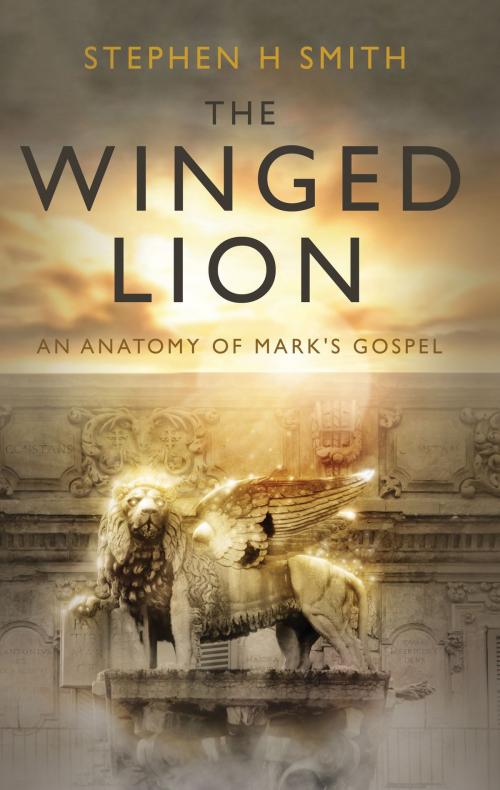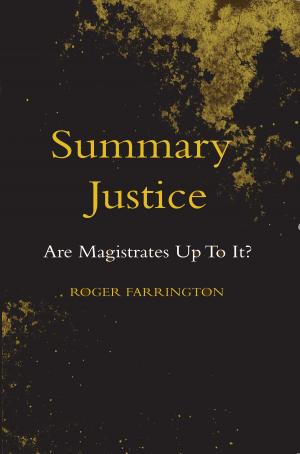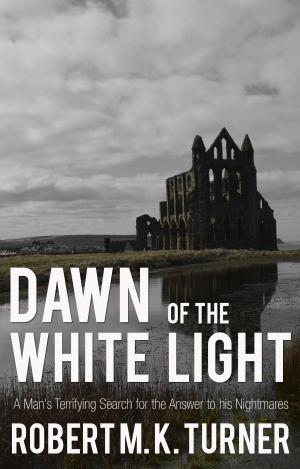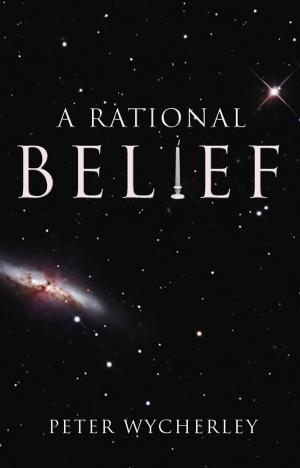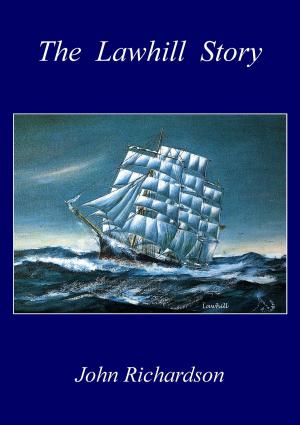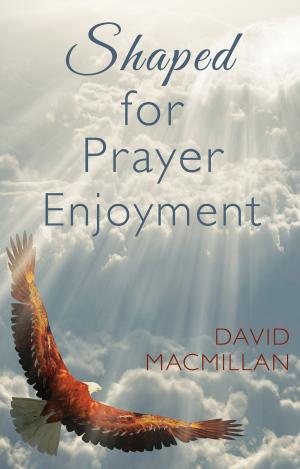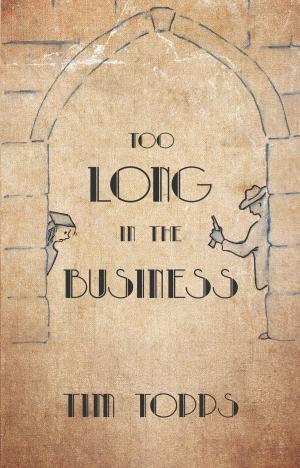The Winged Lion
An Anatomy of Mark's Gospel
Nonfiction, Religion & Spirituality, Bible & Bible Studies| Author: | Stephen H. Smith | ISBN: | 9781788030526 |
| Publisher: | Troubador Publishing Ltd | Publication: | May 28, 2017 |
| Imprint: | Matador | Language: | English |
| Author: | Stephen H. Smith |
| ISBN: | 9781788030526 |
| Publisher: | Troubador Publishing Ltd |
| Publication: | May 28, 2017 |
| Imprint: | Matador |
| Language: | English |
Loosely modelled on R. P. Martin’s Mark – Evangelist and Theologian, The Winged Lion takes a much fuller account of literary- and narrative-critical techniques, which were in their infancy in Martin’s day. The Winged Lion analyses the key themes of Mark’s Gospel including the author’s view of the person of Jesus through his judicious use of Christological titles and narrative technique; the ‘mystery’ of the kingdom of God; the cosmic struggle between the divine and the demonic; Mark’s understanding of the future; his relationship with his own Christian community; and finally, the significance of the Gospel today. An introductory chapter examines questions of authorship and provenance – Who was Mark? To whom was he writing, and when? What was his intended purpose? The book demonstrates that Mark was not a biographer, but a theologian writing very much for his own times and for his own church – a persecuted community which nevertheless regarded itself as God’s ‘elect’, and which firmly believed that it was living in the last days. Mark’s Gospel is presented here as a cosmic drama, written to be heard – or even performed – rather than read, and which sought from its hearers both an emotional and an intellectual response. The Winged Lion is a thought-provoking read that will appeal to those interested in religious texts looking for a deeper understanding of Mark’s Gospel.
Loosely modelled on R. P. Martin’s Mark – Evangelist and Theologian, The Winged Lion takes a much fuller account of literary- and narrative-critical techniques, which were in their infancy in Martin’s day. The Winged Lion analyses the key themes of Mark’s Gospel including the author’s view of the person of Jesus through his judicious use of Christological titles and narrative technique; the ‘mystery’ of the kingdom of God; the cosmic struggle between the divine and the demonic; Mark’s understanding of the future; his relationship with his own Christian community; and finally, the significance of the Gospel today. An introductory chapter examines questions of authorship and provenance – Who was Mark? To whom was he writing, and when? What was his intended purpose? The book demonstrates that Mark was not a biographer, but a theologian writing very much for his own times and for his own church – a persecuted community which nevertheless regarded itself as God’s ‘elect’, and which firmly believed that it was living in the last days. Mark’s Gospel is presented here as a cosmic drama, written to be heard – or even performed – rather than read, and which sought from its hearers both an emotional and an intellectual response. The Winged Lion is a thought-provoking read that will appeal to those interested in religious texts looking for a deeper understanding of Mark’s Gospel.
